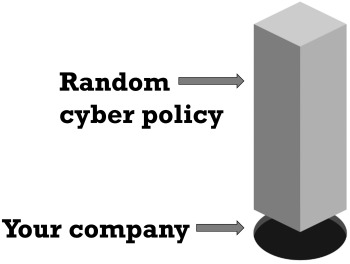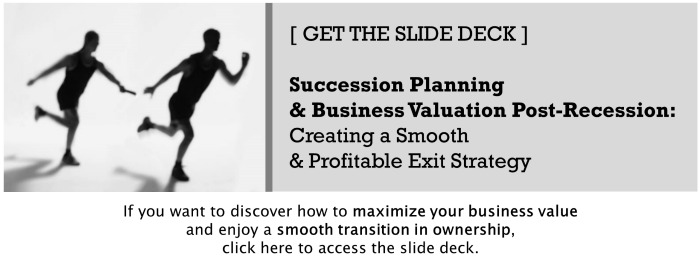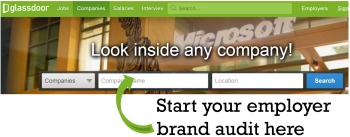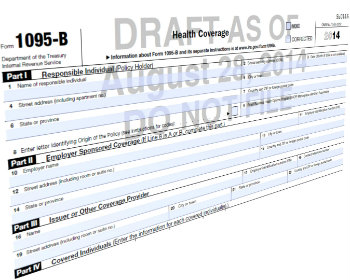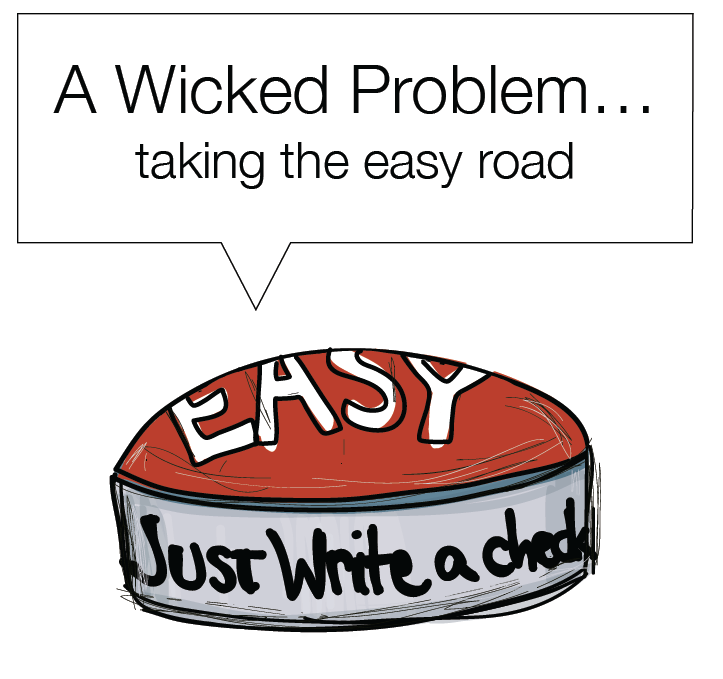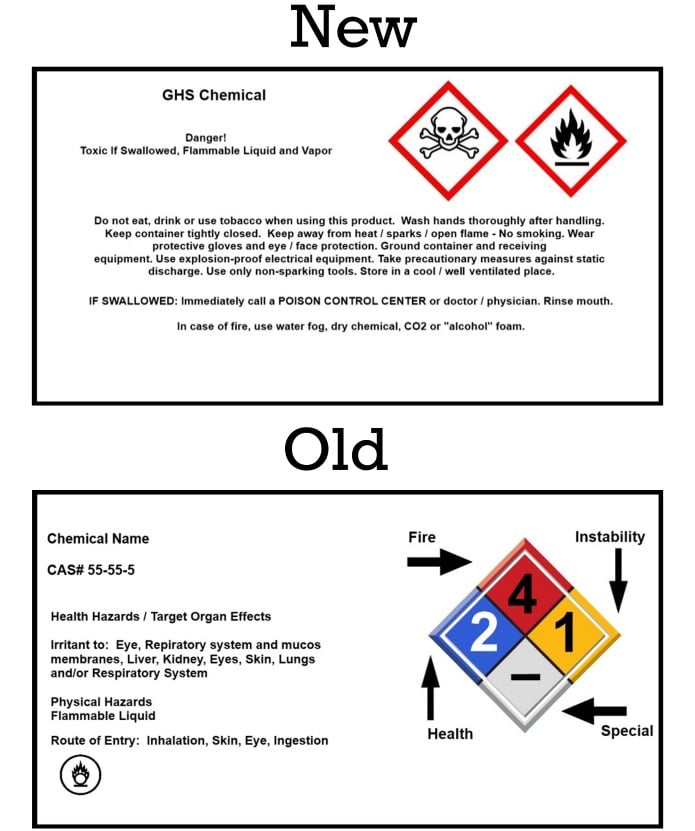BARB RAND
Compliance Advisor
Being capable and confident in the process of creating and signing contracts is essential for all business owners. You know a lot about your business, but you may feel intimidated by the ins and outs of a legal agreement.
Relax (well, not too much, because there is a lot at stake!) — mastering contracts is within your grasp! The following tips will put you and your company on solid ground with every contract that comes across your desk:
1.) Get Each and Every Contract in Writing
This almost goes without saying… almost. While verbal agreements technically are legally binding, you don’t want to put yourself in a situation where the future of your company is riding on a “he-said-she-said” legal dispute.
Legal battles are costly and time-consuming — and they get even more expensive in the absence of a formal contract. Once you have a strong contract created, you can use it as a template for future agreements and cut down on the time this process takes.
2.) Call in the Big Guns if Necessary
If your contract is very large in scope or has significant risks associated with it, get a lawyer to help navigate the fine print. For important transactions, consider the potential consequences and whether it is worth making the investment in outside help. (Heck, it could be worth your peace of mind!)
3.) KISS: Keep It Simple, Stupid
Legalese is rarely necessary. Drawing up contracts in plain English that you and your business partners and customers understand will make the process less stressful for everyone. And it will make it easier to catch any gaps in the arrangement.
This commitment to open and clear communication goes a long way toward improving relationships. Transparency, in the form of simple language, builds trust.
4.) Have an Escape Plan
While it’s not fun to think about when you’re in the “honeymoon” stage of signing a new client or deal, there is always the possibility that agreements won’t go as planned. (There's a good chance they're thinking about this, too, so don't feel too bad.)
When a deal sours, you'll be looking for a way to legally exit the relationship with minimal pain and expense. In customer agreements, you also should consider including a clause on alternative dispute resolution (ADR) to keep disputes out of court.
On the flip side, if the deal turns out better than expected and you want to extend it, it's smart to include renewal options, price guarantees, and other such protection language in the original document.
5.) Do Your Homework
The process of creating and signing contracts can be intimidating. It is important to continually educate yourself about what to do and what to look for in your arrangements.
Build a contract cheat sheet of legal terms. Lean on a trusted legal advisor who can cut through jargon. Review the sort of deals you regularly make and develop boilerplate contracts. Pay attention to legal disputes and decisions in your industry. These tactics are empowering and will save you headaches in the future!
What's your favorite contract tip? Have any "wish I would have known" stories to share? Please sound off in comments!
Why Your Employees Need to Understand 'The Why’
Damage Control: The Ins and Outs of Property Claims
Concierge Medicine Expands [Your Private Doctor]
4 Ways You're Failing to Develop Future Leaders
.png?width=69&height=53&name=Acrisure%20Logo%20(White%20Horizontal).png)

